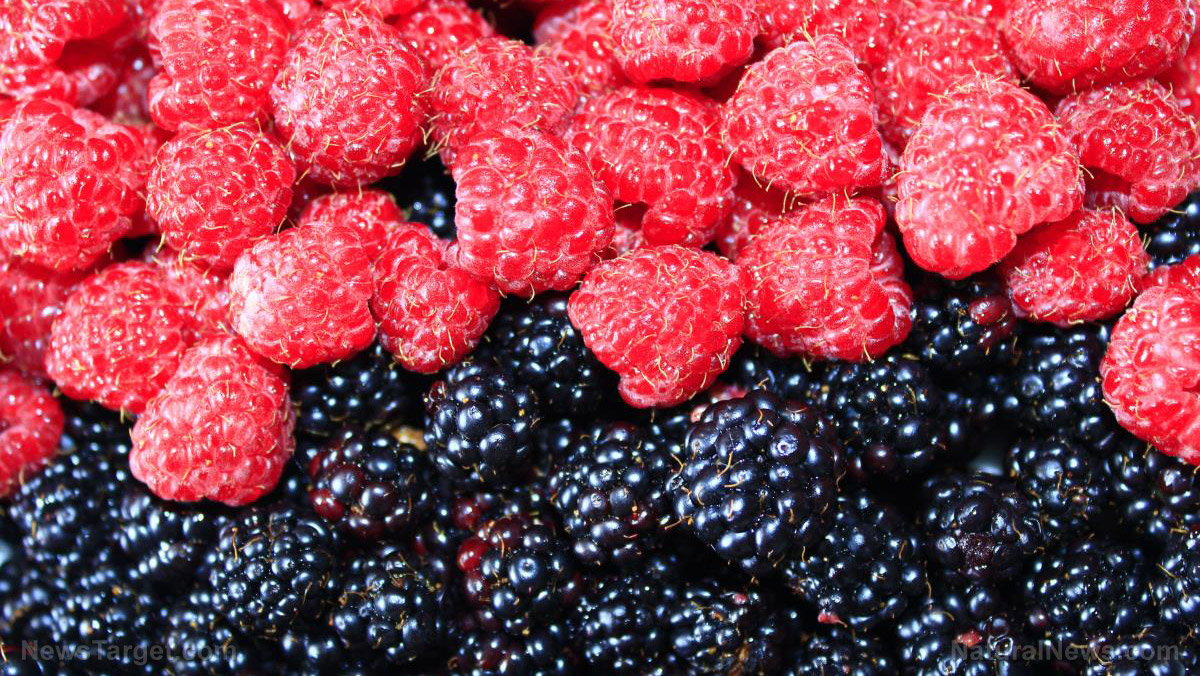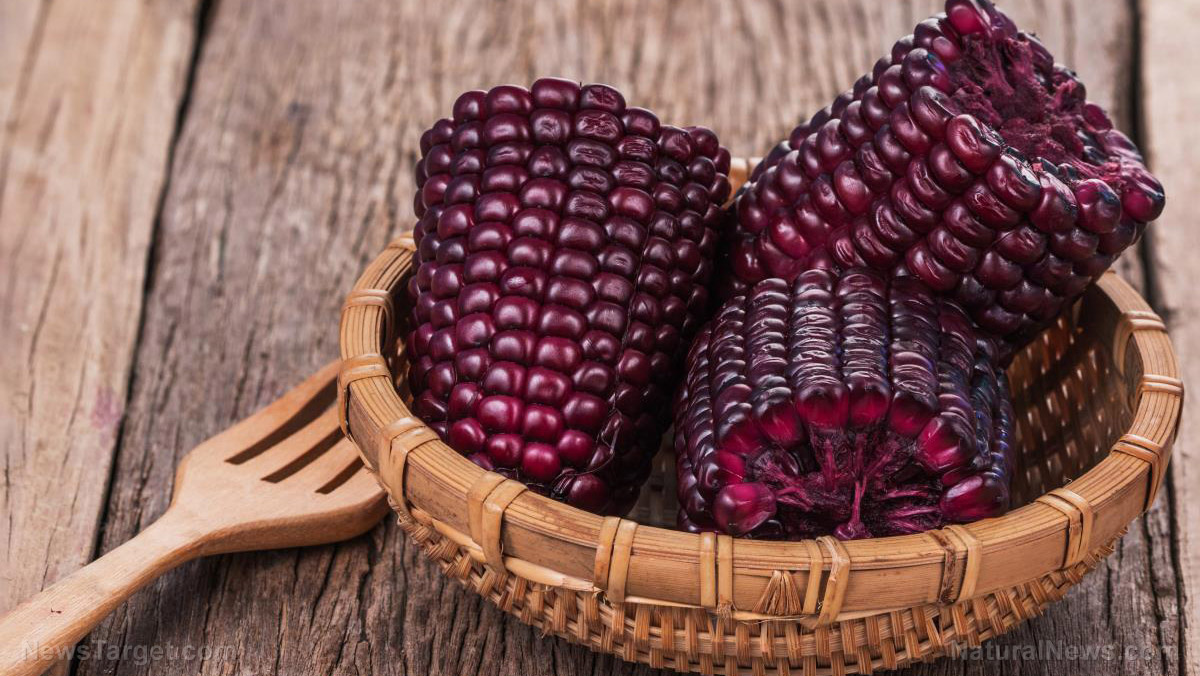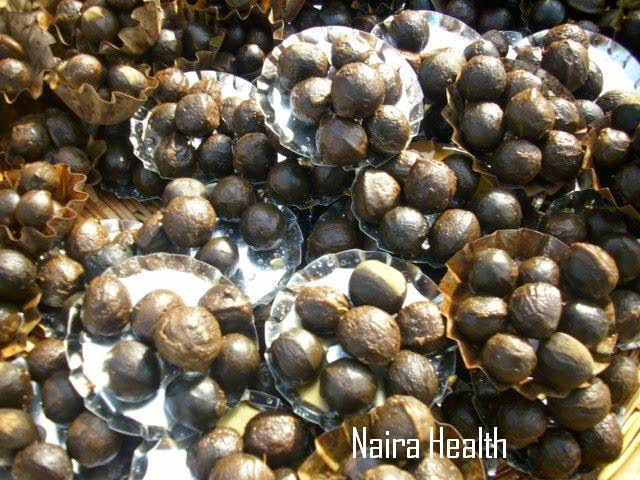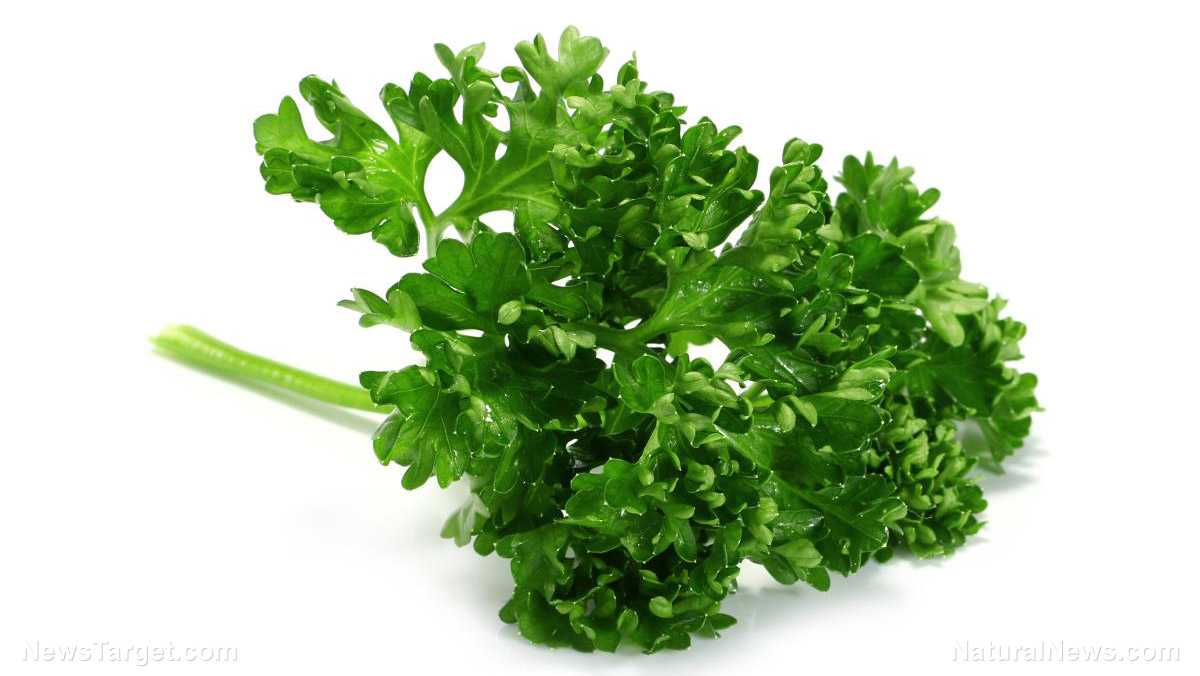Scientists find this traditional Mexican remedy to be effective against hepatitis
11/04/2018 / By Ralph Flores

Researchers have found that the golden tickseed (Coreopsis tinctoria), a plant used in folk medicine around the world, can protect the liver against injury, thanks to its antioxidant and anti-inflammatory properties. The study, published in BMC Complementary and Alternative Medicine, examined the hepatoprotective property of the golden tickseed using an acute liver injury mouse model.
“Because C. tinctoria is demonstrated in this study to exhibit a hepatoprotective effect against chemically induced liver injury, it can be potentially developed into a functional food or even a pharmacological agent for the prevention of liver diseases,” the researchers noted in their report.
In the U.S., the golden tickseed is an annual plant that can be found in prairies and wildflower gardens in the Midwest. For North American Indians, the plant is used to treat diseases in the digestive system, such as diarrhea, and those that affect the liver. Other traditional medical systems have also used the plant to treat hypertension, internal pain, and diabetes. However, no conclusive studies have been made on the ability of the golden tickseed to protect the liver. Earlier attempts at the subject revealed that the plant is rich in flavonoids like chalcones, flavanones, and flavonols. In particular, marein is identified as a major flavonoid.
For the study, researchers tested the hepatoprotective properties of ethanol extracts of golden tickseed flowers in vivo using mice that have been induced with carbon tetrachloride (CCl4) to mimic acute liver damage. This was compared with silymarin – an herb known to protect against CCl4 damage – which functioned as a positive control. They also measured biomarkers of liver damage such as alanine aminotransferase (ALT) and aspartate aminotransferase (AST), as well as those of inflammation – tumor necrosis factor-? (TNF-?), interleukin-1? (IL-1?), interleukin-6 (IL-6), nitric oxide (NO), and malondialdehyde (MDA). The extract also underwent chemical analysis to determine its antioxidant properties.
The results of the study revealed that mice treated with golden tickseed extracts had lower AST and ALT levels, suggesting that the extract displayed hepatoprotective abilities. An analysis of the liver tissue also revealed a similar result, with liver damage improving after being treated with golden tickseed extract. Inflammation biomarkers, likewise, were significantly reduced as well. Researchers also discovered an increase in antioxidant activity, especially that of superoxide dismutase, glutathione peroxidase, and glutathione reductase, after treatment.
In the study, researchers opined that the antioxidant property of the golden tickseed is due to phenolic compounds present in the plant. An isolated study of the compounds showed that it can be used to treat conditions such as liver diseases, cancer, diabetes, and heart diseases. For the golden tickseed, in particular, the team identified chlorogenic acid as one ingredient to have a liver-protective ability.
“However, additional studies should be conducted to determine the principal active compounds and their mechanisms underlying the hepatoprotective effect,” they added.
The team concluded that their study was the first to demonstrate the ability of the golden tickseed to protect the liver against damage using an animal model, as well as identify potential mechanisms that are associated with the plant’s antioxidant and anti-inflammatory properties. (Related: Bellflower, used in folk medicine, shown to have liver protection properties.)
Discover more plants that protect the liver at Herbs.news.
Sources include:
Tagged Under: alternative medicine, antioxidants, Carbon tetrachloride, Coreopsis tinctoria, Hepatoprotective, herbal medicine, Herbs, liver health, natural antibiotics, natural cures, natural medicine, natural remedies, plant medicine, research



















